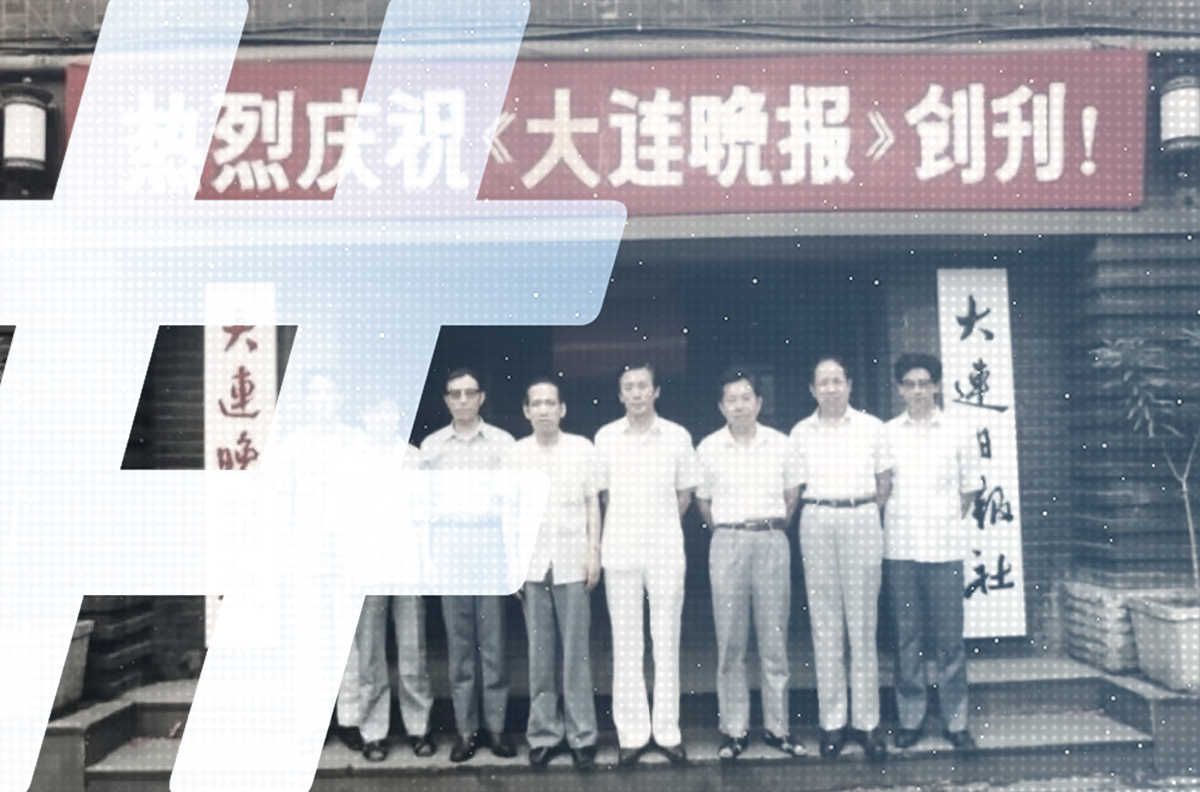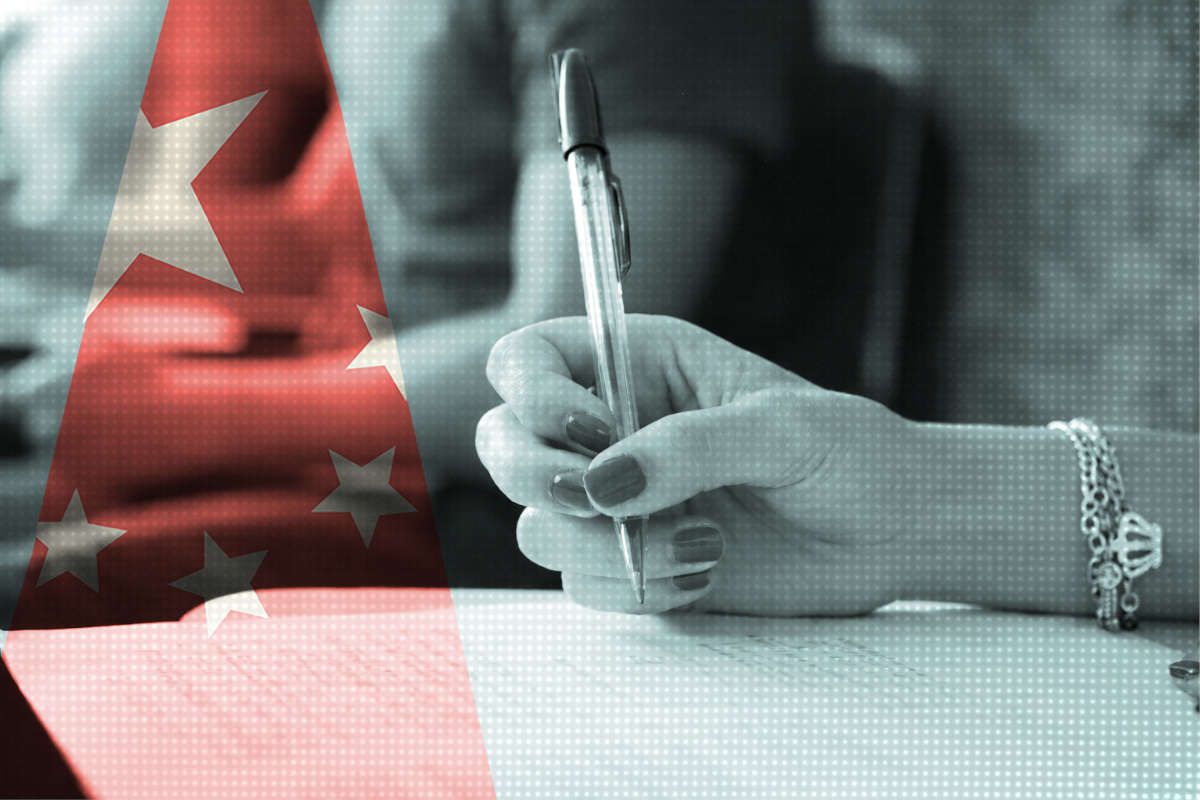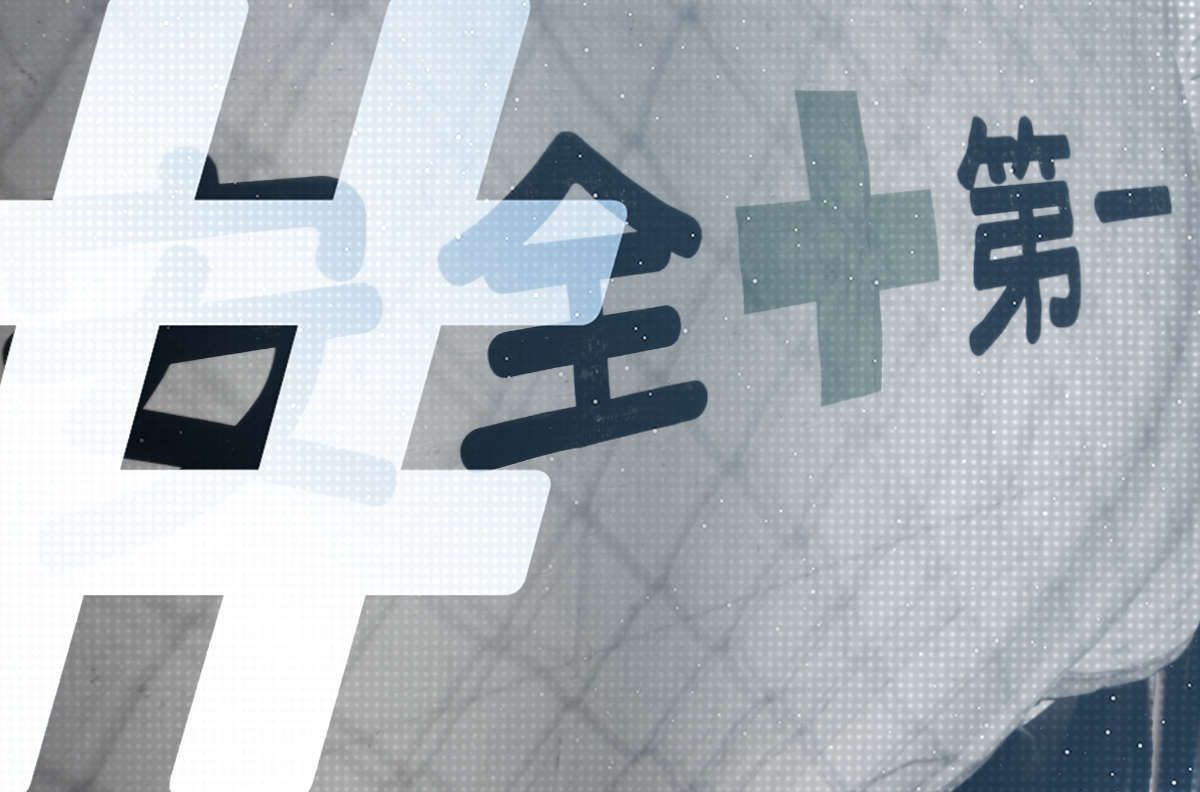Headlines and Hashtags
“Public opinion will not lose”: Chinese media heat up over the attempted arrest of a reporter in Beijing
By David Bandurski – As one major national newspaper said in its leading editorial today that the “court of public opinion” was turning against local officials from Liaoning’s Xifeng County after news of their attempted arrest late last week of journalist Zhu Wenna (朱文娜) in Beijing, the All-China Journalist’s Association (ACJA) said it was looking into the case. [Below: Screenshot of coverage of the Xifeng case at Chinanews.com].
Editorial writer Zhou Minghua (周明华) said claims by Xifeng’s propaganda chief, Zhou Jingyu (周静宇), that party secretary Zhang Zhiguo (张志国) was unaware of the police action in Beijing were “weak and unconvincing.” He said the actions of Xifeng authorities, presumably orchestrated by Zhang, underscored the inadequate protection of journalists in China:
The mass media are tools for watchdog journalism, and when they are carrying out their various functions, if those are in the public interest, well they are bound to do harm to power interests at certain levels. What our society needs is tolerance and “mercy”, and this is particularly true of those bound to protect the law. What is most discomfiting is that our nation’s laws on the protection of journalists are weak, and there are no relevant regulations.
In typical form, Guangdong’s Southern Metropolis Daily related the Zhao Junping/Zhu Wenna Case [See timeline HERE] to broader institutional problems in China, namely over-concentration of power:
Behind it hides a comprehensive system of government violence served by public security organs, procuratorial organs and people’s courts and beholden to autocratic bullying or to the will of the chief leader. Once the comprehensive power mechanism springs into action, and public instruments are turned to the service of personal ends, they are lethal and oppressive, whether targeting media organs or individual reporters.
But public opinion, the newspaper said, would not stand for such egregious abuses:
The news that Xifeng County sent people to detain the [Faren Magazine] reporter was reported to the world through the newspapers, and as it appeared on the Web voices rallied in support [of the journalist]. In fact, this pallid summons and detention order that could not possibly stand on legal principles has already been “ruled” illegal in the court of public opinion . . . Public opinion in support of the media and journalists has materialized right before our eyes . . . The reporter may choose temporarily to hide away from this wild arrest order. In the long run, however, journalists stand in the sunlight. Public opinion cannot lose, and public opinion will not lose.”




















